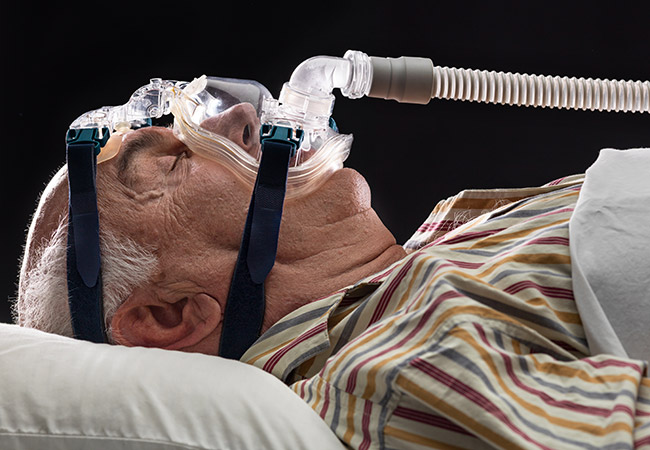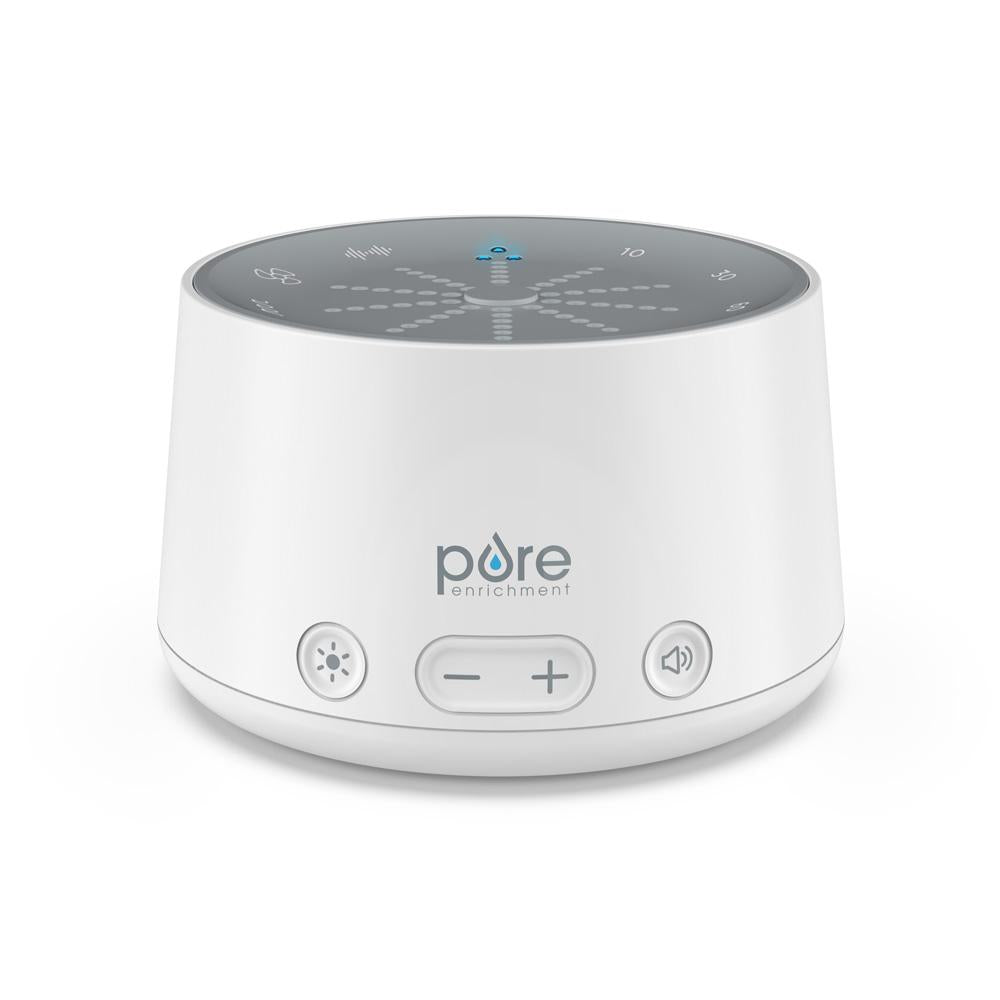Sleep Deprivation Help - Overcome Fatigue and Improve Health And Wellness
Sleep Deprivation Help - Overcome Fatigue and Improve Health And Wellness
Blog Article
Efficient Therapy Solutions for Managing Rest Disorders and Enhancing Peaceful Rest
In the world of health care, the monitoring of rest disorders and the mission for restful rest are pivotal parts of overall health. Effective therapy services use a multifaceted strategy to deal with these obstacles, ranging from cognitive behavioral treatments to alternative methods that advertise leisure and mindfulness. The exploration of various methods, consisting of the integration of medication and light treatment, opens a world of opportunities in the quest of better rest top quality. As we navigate the complex landscape of rest disorders and seek to boost our sleep experience, a much deeper understanding of these therapy services may hold the secret to opening an extra refreshing and satisfying restorative trip.
Cognitive Behavior Modification for Sleeping Disorders (CBT-I)
Cognitive Behavioral Treatment for Sleeping Disorders (CBT-I) is a structured, evidence-based treatment strategy that concentrates on attending to the underlying factors adding to sleep disruptions. This kind of treatment aims to modify behaviors and ideas that aggravate insomnia, ultimately advertising healthy and balanced rest patterns. CBT-I normally entails numerous crucial elements, including cognitive therapy, rest constraint, stimulation control, and sleep hygiene education and learning.
Cognitive therapy assists individuals identify and transform negative thought patterns and ideas regarding sleep that may be hindering their capacity to fall or stay asleep. Rest restriction involves restricting the quantity of time spent in bed to match the person's actual rest period, consequently enhancing sleep efficiency (cognitive behavioral therapy for insomnia (CBT-I)). Stimulus control methods help develop a strong organization between the bed and rest by encouraging people to visit bed just when sleepy and to avoid engaging in promoting tasks in bed
Moreover, rest health education concentrates on developing healthy sleep routines, such as maintaining a constant sleep timetable, producing a relaxing going to bed routine, and maximizing the sleep setting. By resolving these aspects comprehensively, CBT-I supplies an effective non-pharmacological intervention for handling sleeplessness and improving general sleep high quality.
Rest Hygiene Practices
Having developed the structure of cognitive restructuring and behavioral adjustments in dealing with sleeping disorders with Cognitive Behavioral Therapy for Sleeplessness (CBT-I), the focus now moves in the direction of checking out vital Rest Health Practices for preserving optimal sleep high quality and general well-being.
Rest health techniques encompass a variety of practices and environmental aspects that can dramatically impact one's capability to sleep and stay asleep throughout the evening. Consistent rest and wake times, producing a relaxing bedtime regimen, and maximizing the rest environment by keeping it dark, silent, and cool are critical parts of good rest health. Limiting direct exposure to displays before bedtime, preventing energizers like high levels of caffeine near to going to bed, and participating in routine physical task throughout the day can also advertise far better sleep quality.
In addition, practicing relaxation techniques such as deep breathing workouts or meditation prior to bed can aid calm the mind and prepare the body for rest. By incorporating these sleep hygiene methods into one's day-to-day routine, people can develop a healthy and balanced rest pattern that sustains restful rest and overall health.
Relaxation Methods and Mindfulness
Applying relaxation strategies and mindfulness methods can play a crucial duty in promoting a feeling of calmness and advertising high quality rest. natural insomnia remedies. These techniques intend to silent the mind, minimize stress, and develop an optimal setting for restful rest. One widely exercised method is deep breathing workouts, where individuals concentrate on slow, deep breaths to unwind the mind and body. Dynamic muscular tissue relaxation includes tensing and afterwards launching each muscle mass team, promoting physical relaxation. In addition, guided images can help carry individuals to a serene location in their minds, assisting in stress and anxiety reduction and boosting sleep high quality.
Mindfulness techniques, such as reflection and yoga exercise, are also effective in advertising leisure and improving rest. Mindfulness urges individuals to stay existing in the minute, releasing stress over the past or future. By incorporating these methods into a bedtime routine, individuals can indicate to their bodies that it is time to prepare and loosen up for sleep. Generally, integrating relaxation methods and mindfulness methods can significantly add to managing rest conditions and enhancing general sleep quality.

Medication Options for Sleep Disorders
After discovering relaxation techniques and mindfulness methods as non-pharmacological treatments for boosting sleep high quality, it is necessary to think about medication choices for individuals with sleep disorders. In cases where way of living modifications and treatment do not supply adequate relief, medication can be a beneficial tool in managing sleep disturbances.
Frequently recommended medications for rest problems include benzodiazepines, non-benzodiazepine hypnotics, antidepressants, and melatonin receptor agonists. Antidepressants, such as trazodone, can be advantageous for people with co-occurring clinical depression and sleep disruptions - cognitive behavioral therapy for insomnia (CBT-I).
It is important for individuals to talk to a healthcare provider to establish one of the most suitable drug choice based upon their certain sleep problem and case history.
Light Therapy for Circadian Rhythm Guideline
Light therapy, likewise known as photo-therapy, is a non-invasive therapy method made click resources use of to regulate body clocks and improve sleep-wake cycles. This therapy involves exposure to brilliant light that mimics natural sunshine, which helps to reset the body's body clock. By revealing people to specific wavelengths of light, usually in the early morning or evening relying on the desired impact, light treatment can effectively adjust the body clock to promote wakefulness throughout the day and enhance relaxed rest during the night.
Research has revealed that light treatment can be specifically helpful for people with circadian rhythm conditions, such as delayed sleep stage disorder or jet lag. It can likewise be helpful for those experiencing seasonal affective condition (SAD), a sort of depression that usually takes place throughout the winter season months when all-natural light exposure is decreased. Light therapy is usually well-tolerated and can be used in conjunction with various other treatment methods for sleep conditions to enhance results and improve overall sleep quality.
Conclusion
To conclude, reliable treatment remedies for managing sleep conditions and improving relaxing sleep include Cognitive Behavior modification for Sleeping Disorders (CBT-I), sleep health practices, leisure strategies and mindfulness, drug choices, and light therapy for body clock regulation. These methods can assist people improve their rest top quality and general wellness. It is very important to consult with a doctor to establish one of the most appropriate approach for dealing with sleep concerns.
As we browse the elaborate landscape of sleep disorders and look for to boost our sleep experience, a deeper understanding of these therapy remedies may hold the trick to opening a more relaxing and fulfilling corrective trip.
Rest restriction includes limiting the quantity of time invested in bed to match the person's actual rest period, thereby boosting rest efficiency. Consistent sleep and wake times, producing a relaxing going to bed routine, and optimizing the rest environment by keeping it dark, silent, and cool are important elements of excellent sleep hygiene. Light therapy is usually well-tolerated and can be utilized in combination with various other treatment insomnia caused by anxiety techniques for rest problems to maximize end results and enhance total sleep high quality.

Report this page